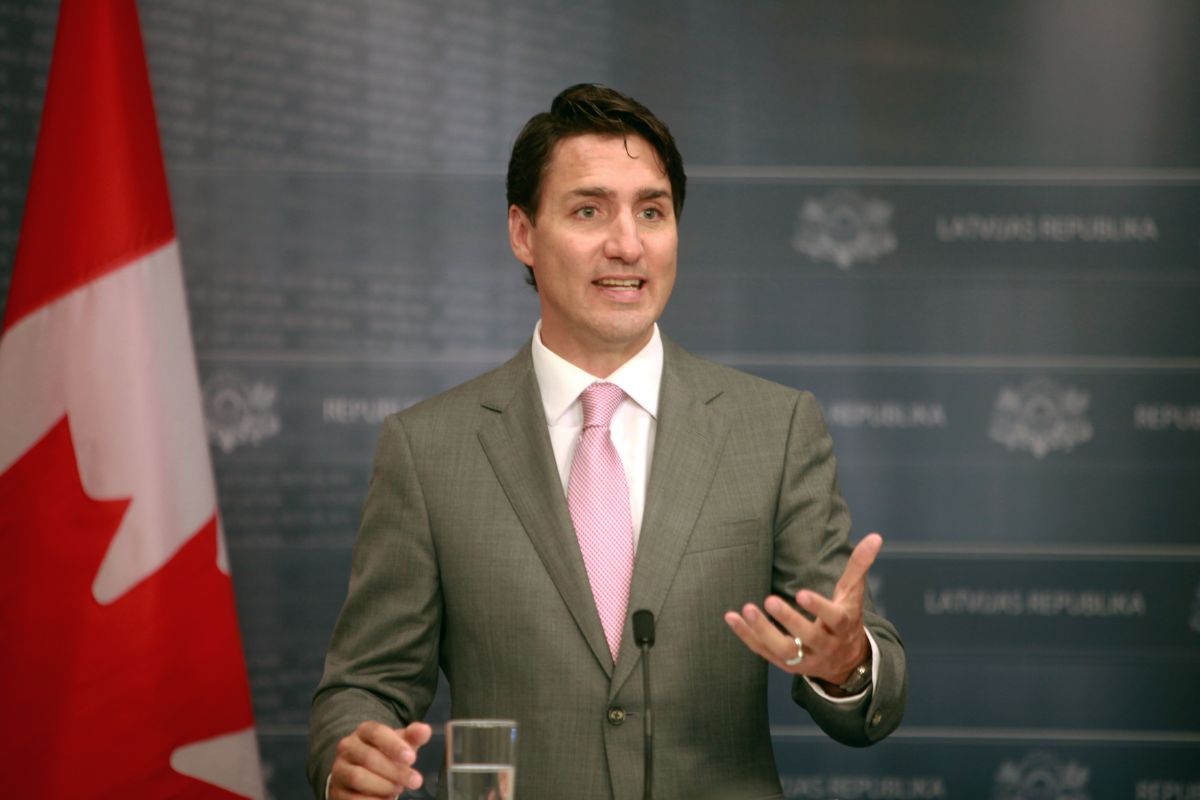A sixth eye
On 20 November 2024, Japan hosted a gathering of senior enlisted members from the Five Eyes intelligence partnership in Tokyo.
Trudeau said the army won’t be called in, saying troops aren’t used against Canadian citizens. He said removing the barricades must be done peacefully.

Canadian Prime Minister Justin Trudeau (Photo: IANS)
Canadian Prime Minister Justin Trudeau has called for an immediate end to rail blockades against a gas pipeline project in the country.
Addressing to the media on Friday, PM Trudeau said that his government engaged directly with Indigenous leaders and provincial premiers in the hope of finding a “peaceful and lasting resolution” to the crisis.
“We are waiting for Indigenous leadership to show that it also understands the onus is on them. We will be there to discuss but the barricades must come down,” the Prime Minister further added.
Advertisement
Demonstrators have set up blockades in British Columbia, Ontario, Alberta and Quebec in solidarity with opponents of the Coastal GasLink pipeline project that crosses the traditional territory of the Wet’suwet’en First Nation in northwestern British Columbia.
Some hereditary chiefs in the Wet’suwet’en First Nation oppose the natural gas pipeline, though it has received approval from elected band councils.
The crisis is daily stranding goods worth an estimated 425 million Canadian dollars ($340 million), according to the Canadian Manufacturers and Exporters trade group.
Trudeau said the army won’t be called in, saying troops aren’t used against Canadian citizens. He said removing the barricades must be done peacefully.
The blockades have put 1,500 railway workers temporarily out of a job and disrupted the transport of food, farm products, consumer goods and essential items like chlorine for water and propane for home heating, according to the local media.
In Montreal, some 4,000 containers sit immobilized on the docks and Prairie bulk products like grain can no longer reach the port.
The number of ships waiting at anchor to enter Vancouver-area terminals has more than doubled to 50 due to the clogged transportation system, though no vessels are opting for U.S. ports, as a result, said Vancouver Fraser Port Authority spokeswoman Melanie Nadeau.
(With inputs from agency)
Advertisement